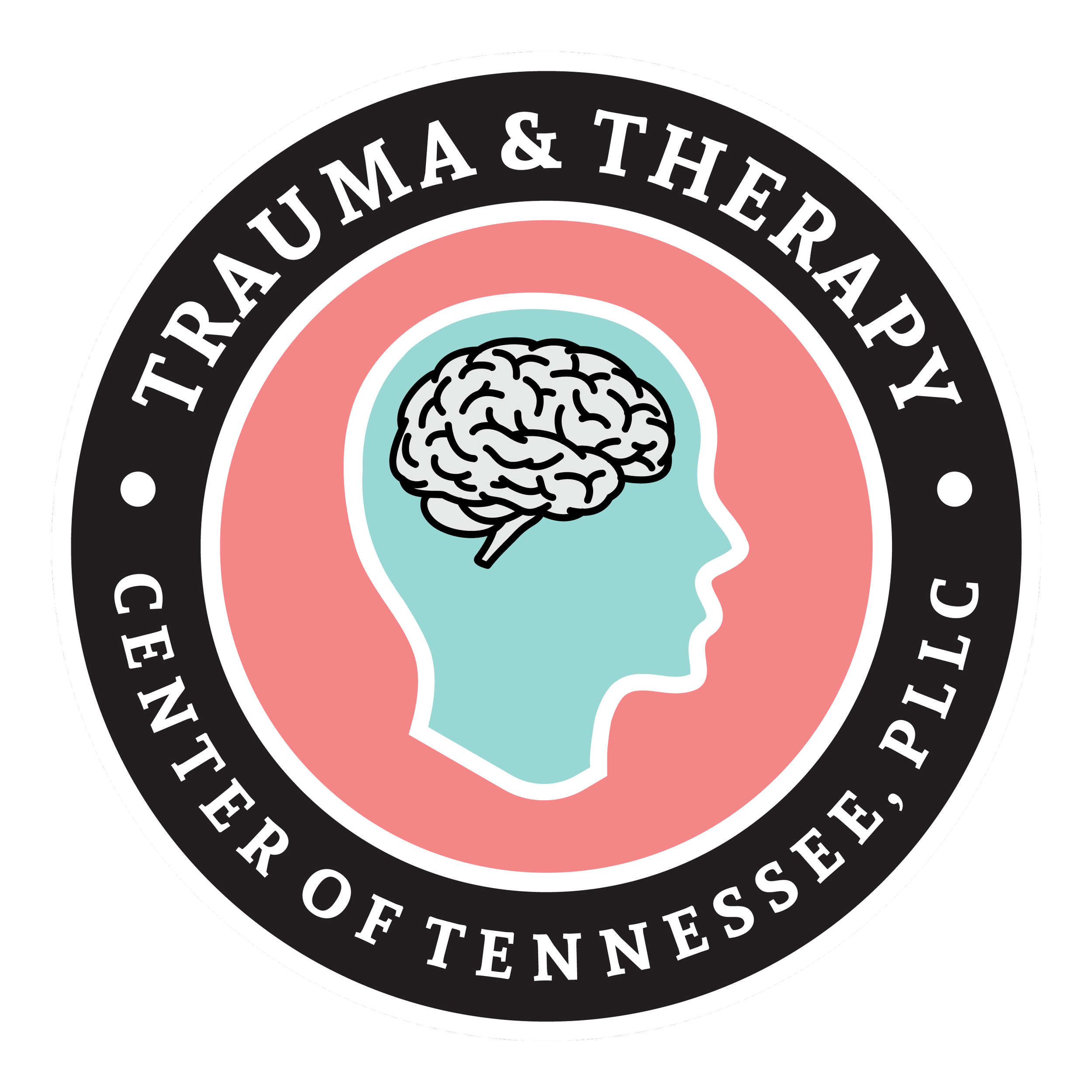When AI Goes Too Far: The Dangerous Rise of Using ChatGPT as a Therapist
Why Trauma Treatment Requires Human Care
If you’ve ever turned to Google at 2 a.m. with a knot in your chest and a question like “Why do I feel so broken?”—you’re not alone.
And lately, more and more people are asking those same questions… to AI.
In fact, data shows the #1 growing use case of ChatGPT is “therapy”—not for writing emails or coding—but for emotional support.
But here’s the truth: ChatGPT is not a therapist. And in a recent heartbreaking case that’s gained national attention (the first of many we fear), a young man died by suicide after relying on AI for emotional support. This tragedy highlights the significant—and perilous—gap between comforting conversations and clinical care by a trained professional.
At Trauma and Therapy Center of Tennessee, our hearts go out to his loved ones. And we want to talk openly and compassionately about why turning to AI for trauma support can create more harm than healing—especially when you feel most vulnerable.
Why Are People Using ChatGPT for Therapy?
Because it feels private.
Because it responds immediately.
Because it doesn’t judge.
Because it’s free.
When you're in pain and tired of feeling misunderstood, a chatbot that seems to “get it” can feel like a lifeline. But behind that screen is not a licensed therapist… It’s not a trained volunteer on a crisis line. It’s not a human with lived life experience, cognition, or higher-level thinking. It’s a machine trained to predict words, mirror—not assess risk, hold space, or guide you to safety.
What AI Can’t Do That a Trauma Therapist Can
AI can simulate empathy, but it cannot offer:
Clinical diagnosis or risk assessment
Safety planning during crisis
Nuanced responses to trauma triggers
Nervous system regulation
Ethical, trauma-competent care
Accountability or continuity of care
A trauma-competent therapist isn’t just there to “talk it out.” They’re trained to spot the subtle signs of distress you may not even say out loud. They ask the right questions. They slow the pace when your body starts to shut down. They help rewire the pain, not just reflect it back.
That kind of safety can’t be generated by code. It has to be relational, regulated, and real.
Why This Matters
If you’ve survived trauma, neglect, or abandonment, your nervous system already knows how to “scan for safety.” And for some, AI might feel safer than people—because it doesn’t interrupt, challenge, or judge.
But here’s the danger: false safety keeps you stuck. It may feel easier in the moment, but it offers no path forward. No human connection. No plan. No healing.
That’s why at TTCT, we offer real, emotionally safe care—especially for high-functioning adults who feel like they have to hold it all together.
You deserve more than a machine.
You deserve someone who can sit in the storm with you—and actually help you through it.
What to Do If You’re Using AI for Support
If you’ve been relying on ChatGPT (or any AI) when you're overwhelmed or struggling, please know:
You’re not wrong for reaching out. You were doing your best with what felt accessible.
But now it’s time to get the care you really deserve—from someone trained to hold it.
Here's what you can do:
Talk to a trauma-informed therapist
Book a confidential 15-minute consult (free, no pressure)
Let a real human remind your nervous system what it’s like to feel safe again
Our Promise to You
At Trauma and Therapy Center of Tennessee, we specialize in trauma recovery for adults, families, and couples across Clarksville, Nashville, and Kentucky. We offer private, collaborative, high-end trauma therapy with no insurance hoops, no judgment, and no waitlists.
Our therapists are trained in:
Accelerated Resolution Therapy (ART)
Each of these modalities goes deeper than talk therapy—and they’re guided by real people who are trauma-competent, regulated, and deeply invested in your healing.
You Don’t Have to Pretend You're Fine
If you’re feeling exhausted, anxious, disconnected—or even hopeless—you’re not alone.
And you’re not “too far gone.”
You need care that actually sees you.
We invite you to book a free, confidential 15-minute consultation with a trauma therapist today. No commitment. Just real support from someone who gets it.
